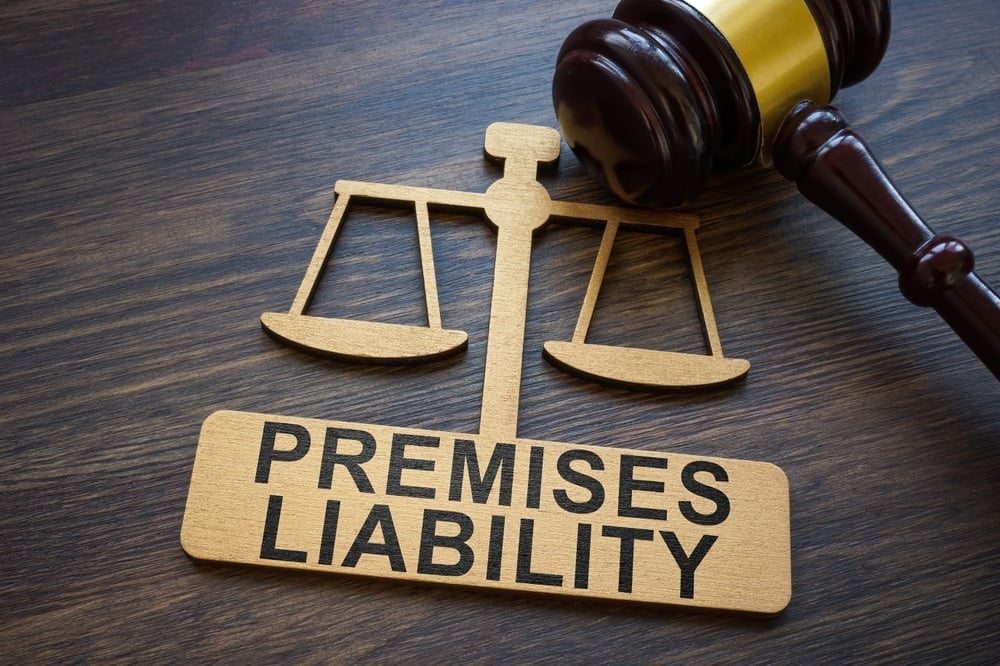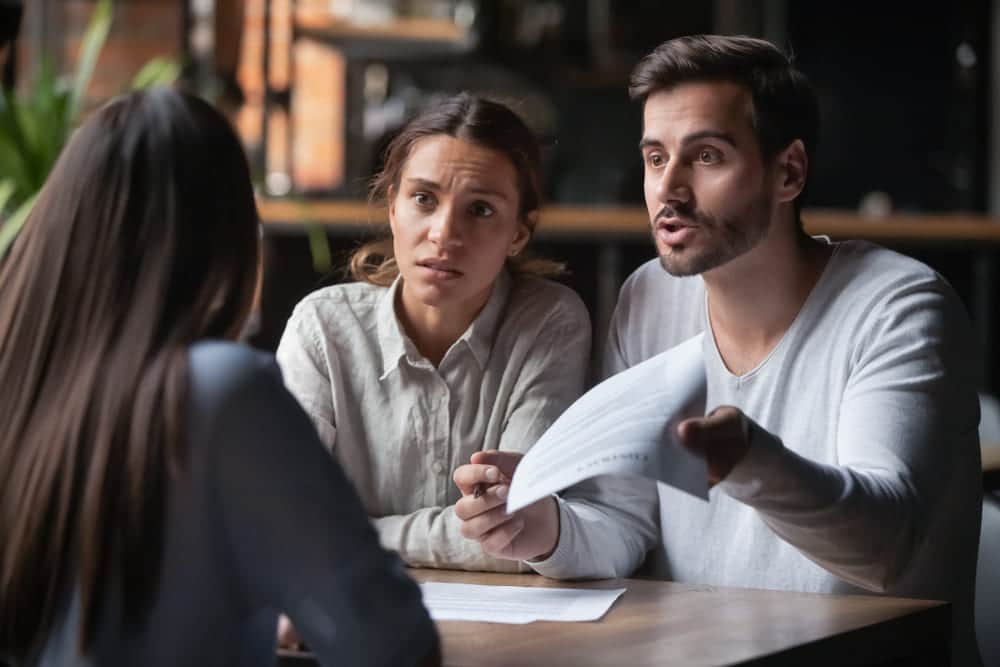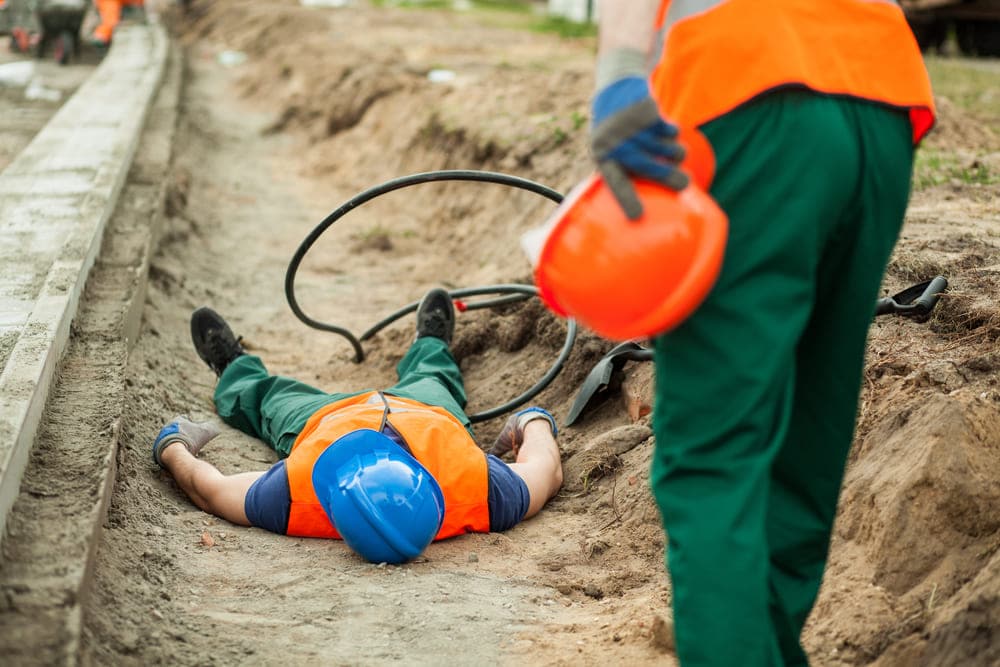Becoming injured on another person’s property can be painful and embarrassing, especially if the injury is severe. But many people are unaware that the property owner may be legally negligent in these cases. If their negligence contributed to the accident, they may be held legally responsible in a premises liability lawsuit.
Knowing what to say and what not to say as the injured party in this scenario can help you protect your case, if you have one. A premises liability attorney in New York can advise you on how to proceed.
What Constitutes a Premises Liability Incident?

Understanding your legal rights under New York’s premises liability law can help you determine what to say and what not to say after an injury.
Property owners generally owe visitors a duty of care to prevent foreseeable accidents. They breach this duty of care when they leave hazards or unsafe conditions on their premises that could reasonably cause accidents.
If you suffered an injury due to a hazard that the property owner knew or reasonably should have known about, you may have grounds for a premises liability lawsuit.
What To Say After an Injury on Another Person’s Property
Immediately after the accident, you may feel tempted to minimize your injuries or brush the incident under the rug. Many people choose not to report the accident out of embarrassment. However, if you were seriously injured, acknowledging the accident and saying the right things may help preserve evidence if you later decide to pursue a claim.
- “Call 911.” Even if your injuries seem minor after an accident on another person’s property, seeking medical attention promptly is a good idea. While you may not need an ambulance, you should prioritize seeking medical treatment to identify any underlying injuries you might not be aware of and provide you with documentation to use in a personal injury claim.
- “Did you know this was here?” Establishing property owner negligence involves showing that a property owner knew or should have known about the hazard that caused your injury, yet failed to mitigate it. Asking the owner about their awareness of the unsafe conditions could help you support a claim.
- “Can you take photos for me?” Having photos of the accident scene and the hazard that caused your injuries can support your injury claim as well. Ask someone at the scene to take photos if you cannot take them yourself.
- “Did you see that?” If anyone witnessed the accident, their testimony can also prove helpful in your case. Ask any bystanders whether they saw what happened and, if so, whether they would be willing to share their testimony.
- “I want to make an official incident report.” If your accident happened in a place of business, ask the manager to create an incident report to provide further evidence for your case.
What you say directly after the accident can significantly impact the strength of your personal injury claim. The Department of Justice suggests that in some years, less than 40% of plaintiffs in premises liability trials win their cases. Collecting as much evidence as possible up front can provide helpful documentation if you pursue a case.
What Not To Say After the Injury
You should also take care to avoid saying certain sentiments that might compromise your legal case. These are a few phrases that a defendant’s legal counsel could misconstrue:
- “I’m sorry.” It may feel natural to apologize after an accident, even if you were in no way at fault. But an apology could be considered an admission of fault. Avoid apologizing to the property owner, their insurance company, their legal counsel, or any other related party.
- “That was my bad.” Taking some responsibility for the accident may feel like the polite thing to do. However, you should avoid this, especially until you have left the accident scene and taken the time to think about how the incident occurred. You might realize that the property owner was negligent, even if you think you could have prevented the injury by acting differently.
- “I’m fine.” Brushing off the accident may also feel natural at first, especially before you have had a chance to assess your injuries. But if you go back on this statement later on and pursue a premises liability lawsuit, the property owner may use your initial statement as evidence that you are exaggerating or falsifying injuries.
Knowing what types of statements could compromise your case after an accident can be challenging. A premises liability accident lawyer in New York can assist with communications to help you avoid misrepresenting your accident.
Other Steps To Take After a Premises Liability Accident
Your words can hold significant weight after an accident on another person’s property. But the actions you take in the days and weeks after the injury can also affect your chances of securing compensation.
Below are a few other steps that might help support a claim for compensation. For more personalized guidance based on the details of your accident case, consult a premises liability accident lawyer in New York.
- Keep a detailed record of expenses: Store copies of medical bills and associated receipts in a safe location. These records can help support your need for compensation for damages.
- Record a pain log: Keeping a journal of your pain levels and symptoms in the weeks after the accident can also support your compensation claim. Tying this record directly to medical documentation further demonstrates your damages.
- Seek medical care and follow your doctor’s instructions: Seeking medical treatment after an accident creates documentation that ties your injuries directly to the incident. Follow your doctor’s instructions for rehabilitation therapy and follow-up care to show the defense that your condition is not due to your own negligence.
- Consult an attorney as soon as possible: An experienced premises liability attorney can help you understand your rights and options after this type of injury. They can advise you against actions that could compromise your case and provide guidance throughout your legal claim.
Consult Our Premises Liability Law Firm in NY

Knowing what to say and what not to say after an accident on another person’s property can be challenging if you do not have a legal background or experience with this type of case. Rely on a skilled attorney to explain your options and represent your interests.
Ross & Hill represents injury victims throughout New York City. Contact us today at 646-351-6222 for a free consultation to discuss the elements of a premises liability lawsuit and whether you may have grounds to pursue legal action.
Frequently Asked Questions
What are the leading premises liability injuries?
Slip-and-fall injuries may be the leading premises liability injuries. According to the World Health Organization, 37 million falls require medical attention each year. Falls are also the second leading cause of unintentional injury deaths globally. When property owners leave tripping or slipping hazards on their premises, the risk of a visitor falling is elevated.
Who is legally liable for injuries on private property?
In some circumstances, a property owner may assume legal liability for injuries that occur on their premises. The plaintiff would need to establish that the property owner owed them a duty of care and breached that duty and that their injuries happened due to the breach.
Can you pursue a premises liability lawsuit after an injury on someone else’s property?
You may have grounds to pursue a premises liability lawsuit after becoming injured on another person’s property. You would generally start by filing an insurance claim through the property owner’s liability insurance.


